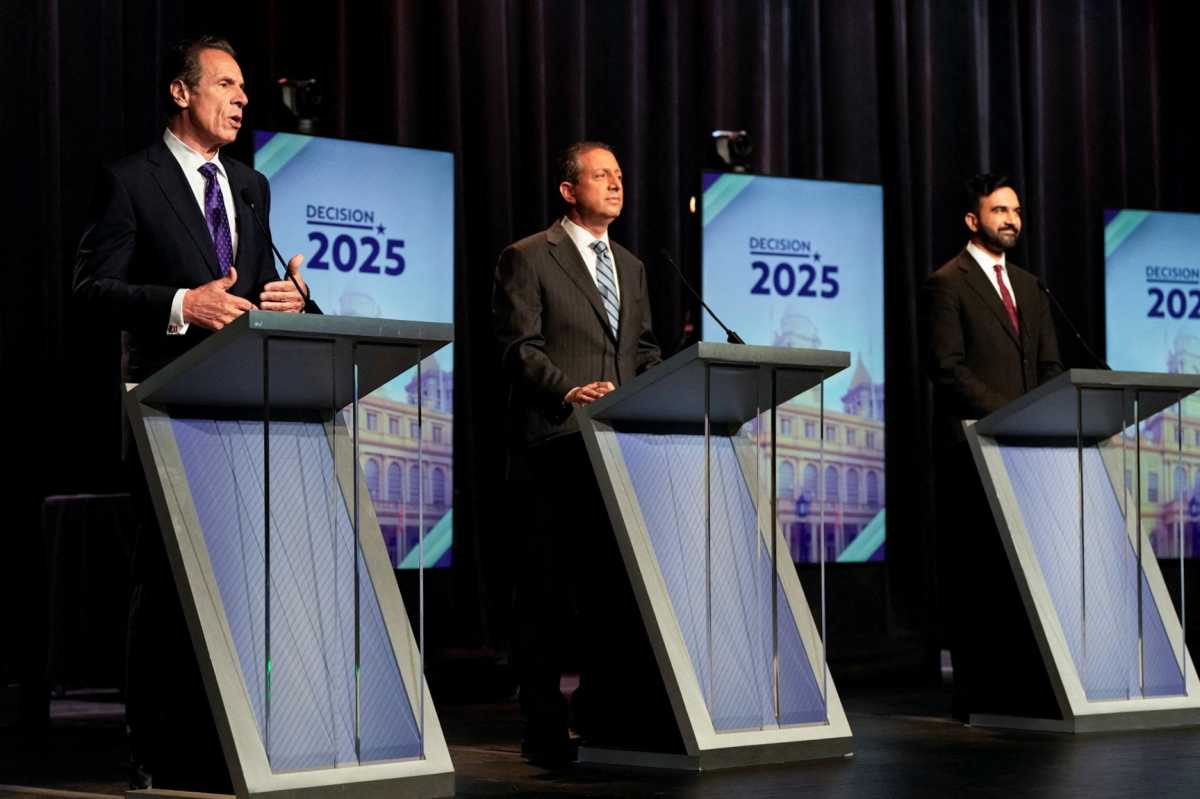American Airlines and U.S. Customs and Border Protection (CBP) have officially introduced a new biometric screening system at John F. Kennedy International Airport (JFK), significantly reducing wait times for U.S. citizens reentering the country.
The new system, known as Enhanced Passenger Processing (EPP), uses facial recognition technology to match travelers with their passport photos stored in government databases. The touchless screening tool, now live at JFK’s Terminal 8, allows eligible passengers to be processed within seconds, effectively cutting reentry time in half and improving passenger flow through the Customs Hall. American Airlines is the first airline at JFK to implement EPP.
“EPP has already had an impact on the overall customer journey,” said Sylvia Rodriguez, Managing Director of JFK Operations for American Airlines. “We are grateful to our federal partners for investing in new technology and for their continued partnership to elevate the travel experience.”
Approximately 45% of all passengers at Terminal 8 are U.S. citizens, the only travelers currently eligible to use EPP. While EPP is separate from CBP’s existing Global Entry program, it offers a similarly expedited clearance process without requiring pre-enrollment. According to CBP, future phases of the program will expand eligibility to include non-U.S. citizens.
Privacy and civil rights advocates have raised concerns about the broader implications of biometric screening systems, particularly when technologies like facial recognition are deployed in partnership with federal agencies such as U.S. Immigration and Customs Enforcement (ICE). Critics worry that data collected through programs like EPP could be misused for immigration enforcement purposes or surveillance beyond the airport context. While CBP states that photos of U.S. citizens are deleted within 12 hours and that the system is designed solely for customs processing, organizations including the ACLU have called for greater transparency and oversight to ensure that biometric data is not shared with ICE or used in ways that violate travelers’ rights.
The implementation of the EPP system reflects a broader shift within the aviation and federal sectors toward streamlining international travel through biometric innovation and contactless processing. As global air traffic continues to recover to pre-pandemic levels, such technologies play a vital role in enhancing operational efficiency, maintaining security standards and improving the overall passenger experience.
Travelers eligible for EPP can expect a faster and more seamless entry process upon arrival. For those who opt out of facial recognition, traditional passport inspection lines remain available.





































